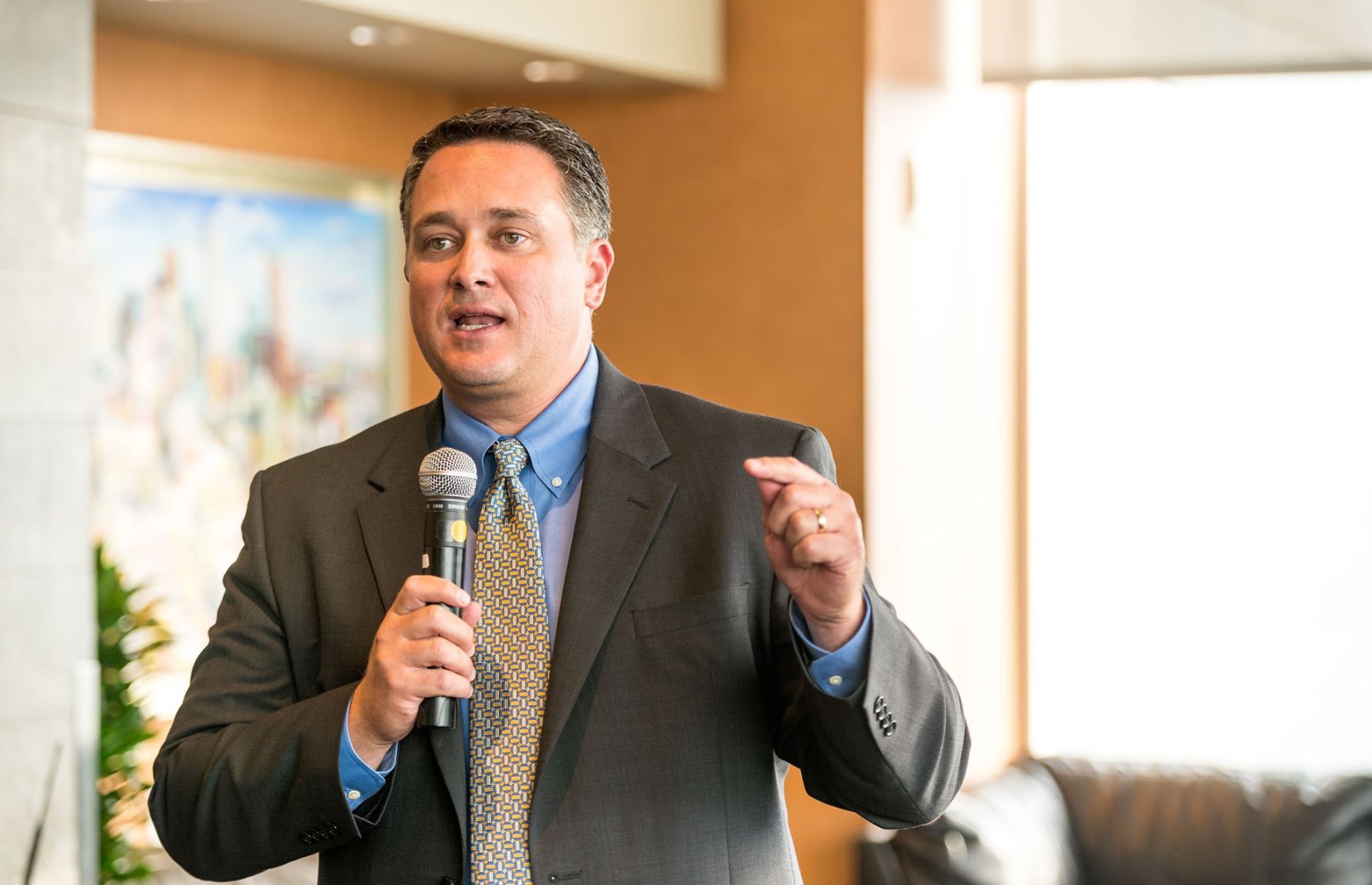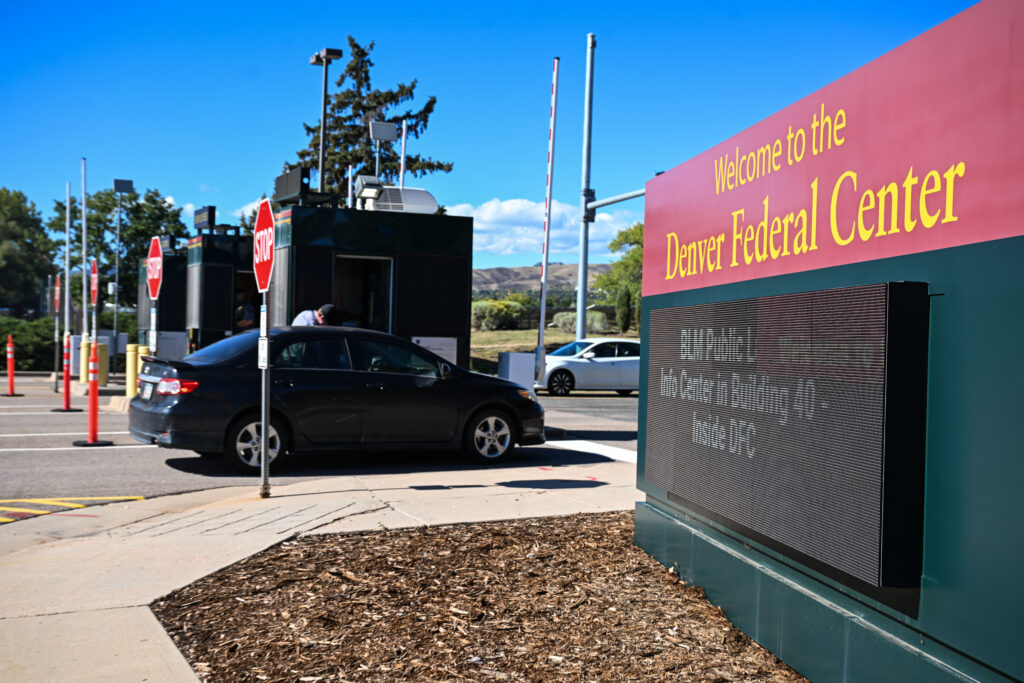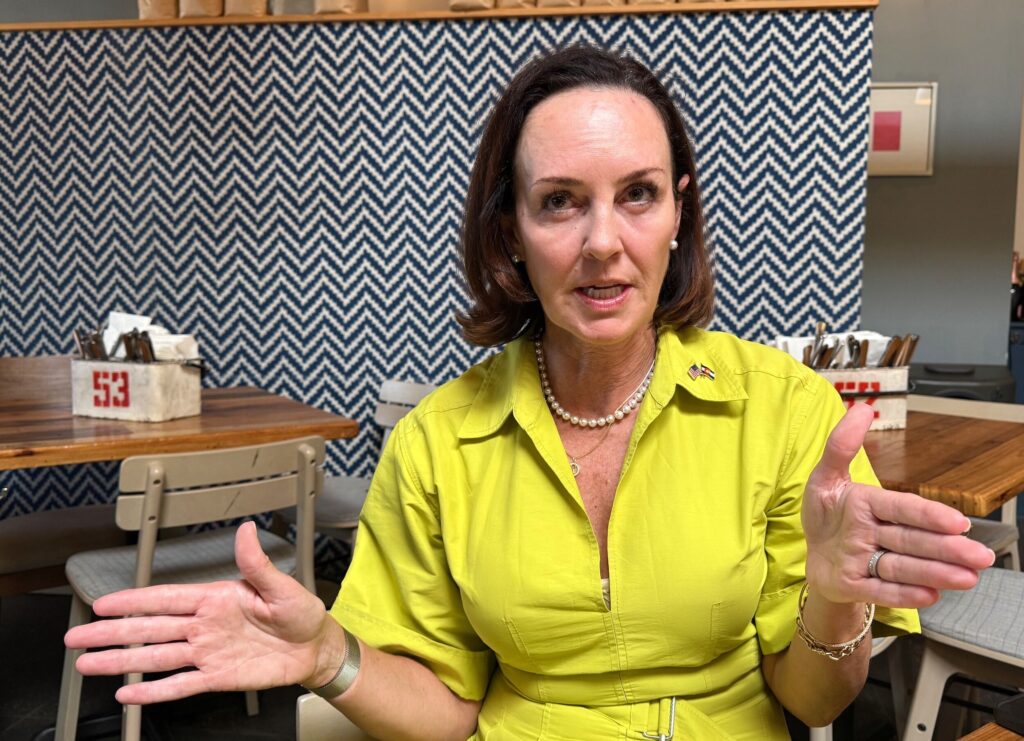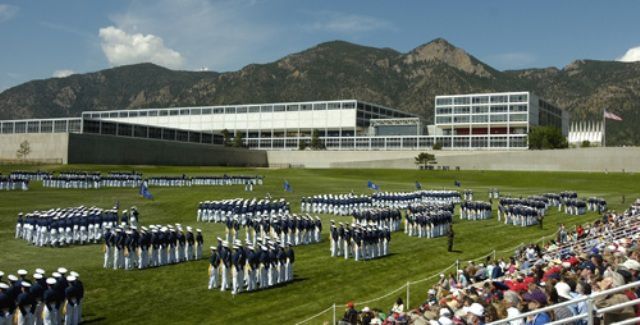Q&A with Dan Haley: On Colorado’s battleground — and sometimes common ground — over oil and gas

News folk tend to develop an unusual skill: They can take heat while shedding light. Maybe that’s why the Colorado Oil & Gas Association hired Dan Haley a few years ago to be its president and CEO. The career journalist and esteemed former editorial page editor of the Denver Post doesn’t shy away from a dust-up, but he also comes to battle armed with a lot of facts and the ability to articulate them. It’s how Haley takes on wave after wave of anti-drilling activists, some of whom have been known to shout down state regulatory proceedings and local city council meetings alike. Yet, he also keeps the door open to environmental groups looking for areas of agreement – as well as to everyday homeowners seeking answers about the drilling in their midst. In today’s Q&A, Haley talks about the sharp-edged politics of Colorado’s perennial drilling debate; the science behind “fracing” vs. the fear behind “fracking”; the future of natural gas, and much more.
Colorado Politics: You were the editorial voice of the Rocky Mountain West’s largest newspaper – after years as a newsman as well as an opinion writer – and then made the leap into advocacy. We’ll come back to the industry in which you now serve, but first tell us about your transition from journalist to point man. Some of the rewards in your new calling – financial and otherwise – are bound to be greater. But is your work now as fulfilling as when you were in the news business? In what ways?
Dan Haley: I never dreamed I would have another career besides newspaperman. It was what I wanted to be when I was young and by the time I was 28 I had landed a job at The Denver Post, a paper I grew up reading (along with the Rocky Mountain News). It was my dream job and I guess I just figured I’d leg it out for 40 years. But within 10 years the industry began changing quickly, the hours were long and intense and kept me away from my young family, and the future was uncertain. I knew I had to find another line of work to carry me through retirement but what? I was fortunate to land a great job in corporate communications at CoBank, a national cooperative bank where I had a very smart boss, another former Post editor. I learned so much there about how companies work, how good comms people can help build alignment in organizations, and help support and further the company’s mission. But I still had an itch for policy and politics that I picked up on the editorial pages that wasn’t being scratched. This job, in an industry that I find both fascinating and fast-paced, is a perfect combination of the things I enjoy – community engagement, policy, politics, communications.
Newspaper work was fulfilling because, on good days, I felt like I was making a difference. Leading COGA is the same. I feel like we are making a difference, or we try to every day, by helping our members navigate the complex and ever-changing political and regulatory environment in Colorado so they can produce the energy we all need each day.
CP: You are one of Colorado’s leading voices for an industry on the battle lines over the state’s, and the nation’s, energy future. Some days you must feel you have to go to work in a flak vest given the intensity of some of the opposition you face over drilling. You wrote not long ago on these pages: “…Colorado belongs to all of us, not just the loudest or most extreme voices throughout digital echo chambers or in city council chambers.” Who are those extreme voices, and whom do they represent – if not the communities that host, and must coexist with, oil and gas exploration?
Haley: There are several activist groups that show up at local and state hearings. A few of them sing their testimony or read poems and are very peaceful. But some have taken to shouting “murderer” and “shame, shame, shame” at state regulators and oil and gas employees and have been more disruptive. It’s a very small group of people compared to the more than 5 million people who call Colorado home. And while every American enjoys First Amendment rights, I do worry that this rise in nasty rhetoric – the threats, name-calling – is having a chilling effect on free speech. Is there a rational dialogue to be had at public hearings when people are shouting “murderer”? Will other people who aren’t activists show up at those meetings to voice their concerns?
There are people out there who may have reasonable concerns about oil and gas, but their voices are being drowned out. We need to talk to those people to see if there are ways we can mitigate their concerns. I also think it’s important to point out that while these activists garner headlines, most Coloradans support our industry and understand the need to responsibly develop these resources to meet our growing energy needs. Overall, though, I would say we are so fortunate to live in a country where we can have these conversations and have an abundance of energy.
Dan Haley
CP: You’ve also suggested there is considerable diversity within the environmental movement, pointing to organizations like the Environmental Defense Fund as examples of groups willing to work with you to improve regulations in a realistic way. Is there common ground between the environmental movement and the oil and gas industry?
Haley: I don’t know that it’s considerable diversity but I think the industry has found EDF to be an organization that we can have those rational conversations with at times. Most activist groups simply want to ban oil and gas and shut down an industry that provides for more than 100,000 jobs that support oil and gas families across our state. I think organizations such as EDF understand that fossil fuels are a huge part of our national energy portfolio and will remain so in the future, so they’re interested in producing those resources in a more environmentally sensitive manner. Our members also want to protect the environment and, at times, our interests are aligned. For example, industry recently collaborated with EDF and some local governments on the state’s air rulemaking, which tightened Colorado’s already-stringent air rules.
Because of that engagement, and because our industry constantly strives to improve its environment and air-quality performance, Colorado has the most technologically advanced, strictly regulated, and well-controlled oil and natural gas operations anywhere in the country, and we continue to get better. That’s good for Colorado.
CP: Our governor – a onetime petroleum geologist but also a renewable-energy advocate – famously drank fracking fluid to demonstrate it is benign. Your industry long has contended there’s no data linking fracking to any health concerns. And yet, anti-fracking activists continue to assert that the extraction process poses an imminent peril to public health. What is the general public to make of it all? How can a typical homeowner in a place like gas-rich Weld County sort it all out and cull wheat form chaff amid the war of words?
Haley: First, it’s important to note that hydraulic fracturing is just one, very short part of the oil and gas development process. A well can be fracked in about three days. But activists have made the word “fracking” synonymous with all oil and gas development. That’s by design and part of the scare tactics they use to frighten residents. The process of hydraulic fracturing was always called “fracing” in the oil and gas industry but activists literally added the “k” more than a decade ago because it looks like a profanity and it’s a scarier word. And the media go right along with it, making fracking synonymous with all oil and gas development, reporting about non-existent “fracking towers” and “fracking wells.”
Our industry was caught back on its heels a few years ago when activism came to Colorado. We’re run by geologists and engineers who are very linear thinkers. They know the wells they’ve drilled are safe because they’ve done the math. But we didn’t explain to people nearby what we were doing and why we were doing it, so it was very easy for outsiders to come in and scare residents with tall tales of water faucets catching on fire. (As an aside, the flaming tap in “Gasland” was due to naturally occurring gas, not related to oil and gas development, according to the state.)
I can tell you that neither the EPA nor the state of Colorado has ever found an instance where the process of hydraulic fracturing has contaminated drinking water. Our aquifers are 100 feet below the surface, typically, while fracturing takes place more than a mile below the surface – far away from drinking water supplies.
But I get that it’s hard for the public to know who to trust, especially with confidence in institutions, such as the media and corporations, at all-time lows. People can find studies that fit their world view. Earlier this year, a CU researcher published findings that purported to link oil and gas development to childhood leukemia. That’s what the headlines said and activists still cite that study – even though state health officials disavowed the flawed research, as did others. Within a few weeks, even the researcher admitted that she could not “tell us that oil and gas caused any of these health outcomes.” But that wasn’t a headline.
The science is there to support what we do. I often argue that we can’t pick and choose when we believe in science. The same people who proclaim the science of climate change are often the ones who deny the science behind important technologies and advancements such as hydraulic fracturing and GMOs.
…(N)either the EPA nor the state of Colorado has ever found an instance where the process of hydraulic fracturing has contaminated drinking water. … The science is there to support what we do.
CP: Is natural gas only a bridge fuel to total reliance on renewable energy, or will it be a part of the U.S. energy portfolio for the foreseeable future?
Haley: Natural gas is so much more than a bridge fuel. In fact, it is the only realistic way we can meet our environmental benchmarks and goals as a country in the coming years. As of now, there is no possible way to meet the goal of 100 percent renewables that some gubernatorial candidates are selling. But if you want cleaner air, and affordable and abundant power, natural gas is the way to go. Our companies are spending millions on leak detection and repair, making natural gas the answer to many environmental concerns.
The United States walked away from the Kyoto Protocol in the early 2000s but we remain the only major economy to meet those environmental benchmarks, thanks in large part to increased use of natural gas.
CP: What will America’s energy portfolio look like in 30 years?
Haley: It will remain diverse. We will continue to need oil, especially for the myriad of products derived from petroleum, and it will be plentiful. (The canard every fourth-grader for the past 40 years has heard about peak oil still doesn’t hold up.) Natural gas will continue to be an important way to power our grid while keeping our air clean. As renewables get cheaper and technologies increase, I can see more and more wind coming on line. One theory is that activists will turn on solar next, however, because of the rare-earth mining and metals needed to create panels. That could impact wind as well.
CP: What will Dan Haley be doing in 30 years – and will he ever be driving an electric car?
Haley: Ideally, I will be retired and enjoying the good life of the 21st century. Maybe I won’t be driving at all, but will instead be riding in an autonomous, self-driving compressed natural gas vehicle or an electrical vehicle supported by a grid powered largely by clean-burning gas from the Rockies. But, in a perfect world, I will have a 1956 Chevy Bel Air in a garage somewhere, and there will be still be open road for 90-year-old gas-powered vehicles.













